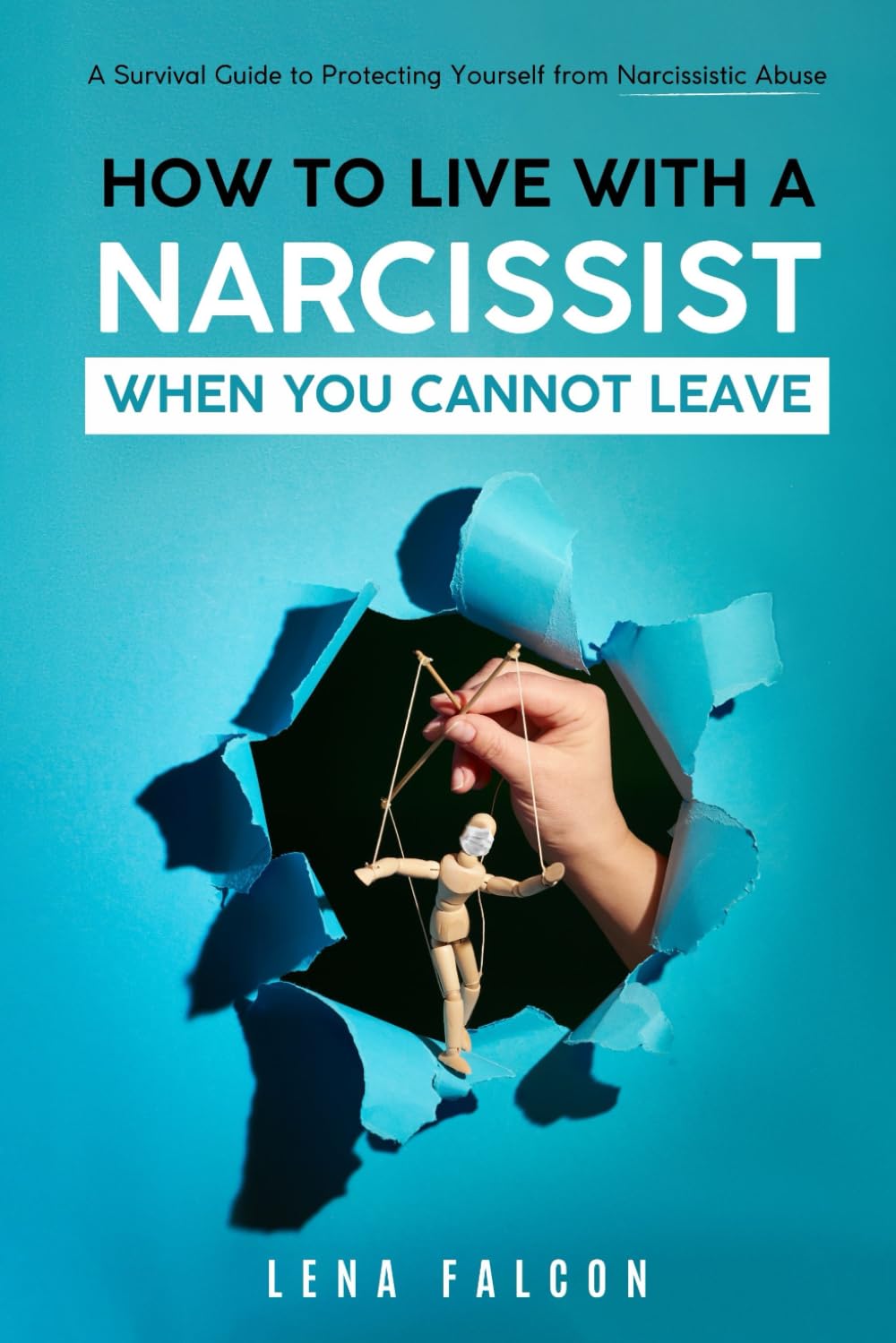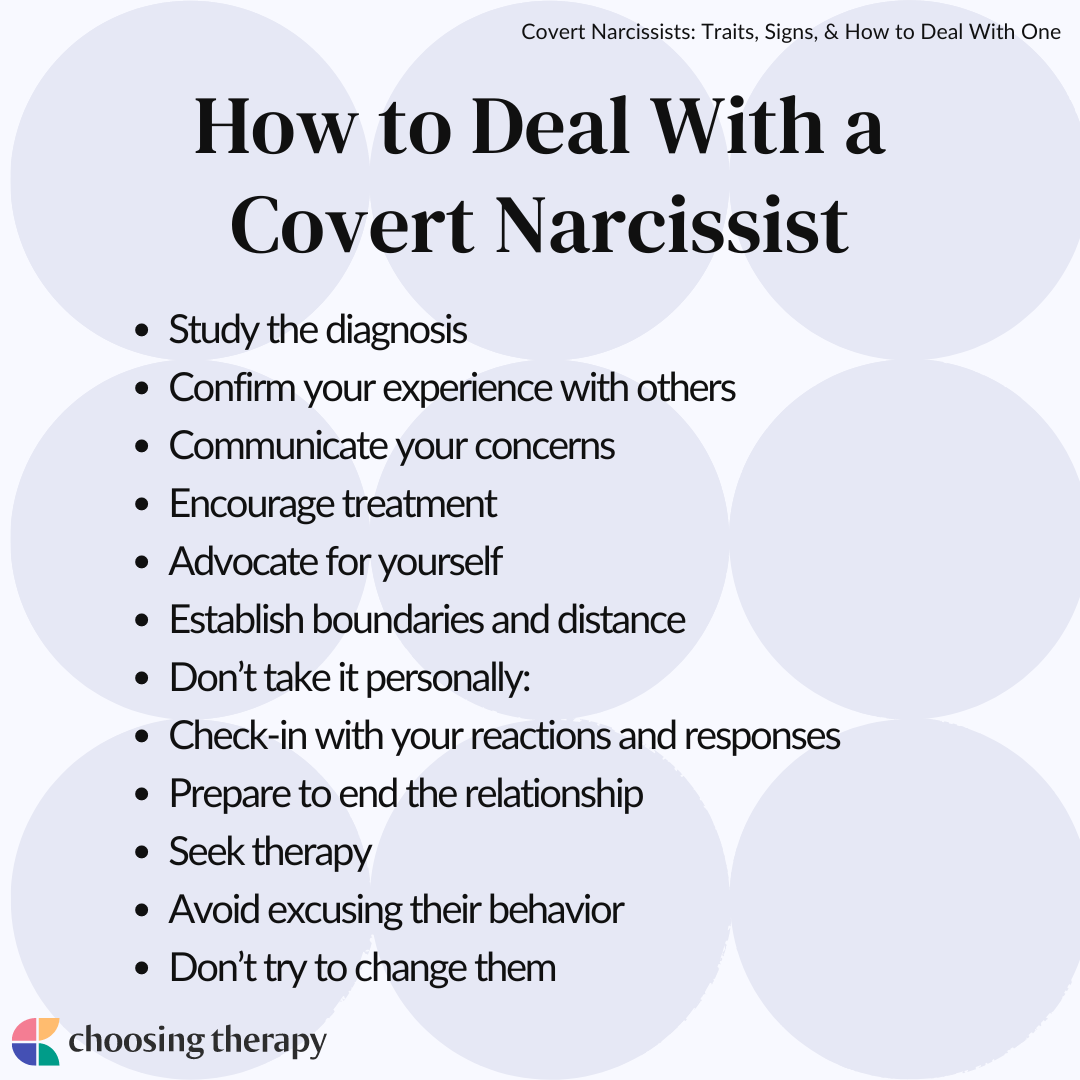It’s a strange thing, realizing the person you’ve built a life with, or thought you were building a life with, isn’t who you believed them to be. For a long time, I just felt… off. Like I was constantly walking on eggshells, trying to anticipate moods, trying to say the right thing, do the right thing. But the goalposts always seemed to move. I spent years thinking the problem was me. If I could just be better, more understanding, more patient, then things would smooth out.

The Long Road to Understanding
I really did try. I’d read articles, listen to podcasts about relationships, always looking for that magic key. We’d have these circular arguments that went nowhere, or worse, ended with me apologizing for something I wasn’t even sure I’d done. Or she’d just shut down. Stone-cold silence. That was a big one. Trying to discuss an issue, a feeling, and just getting… nothing. It’s like talking to a wall, but a wall that somehow makes you feel guilty for even trying to talk.
I remember suggesting counseling once. Oh boy. That was turned around so fast, suddenly it was about my issues, how I was the one struggling, how I needed help. And the crazy thing is, for a while, I believed it. You start to doubt your own perceptions, your own memory. That’s a scary place to be, let me tell you.
The shift started slowly. I was just exhausted. Tired of feeling like I was the only one trying to steer the ship, or even just bail water. One night, just scrolling endlessly, I came across an article. It wasn’t even what I was looking for, but a phrase caught my eye: “covert narcissism.” I’d heard of narcissism, of course, the loud, brash, look-at-me type. But “covert”? That was new.
Connecting the Dots
I started reading. Then I read some more. And it was like someone had secretly been observing my marriage for years and then wrote it all down. It wasn’t a sudden lightning bolt, more like a slow, dawning realization that made my stomach clench. All these behaviors, these patterns that I could never quite make sense of, suddenly had a name, a framework. It was a relief, in a twisted way, but also terrifying.
Things that used to just confuse me or make me feel inadequate started to click into place:

- The subtle, constant victimhood. No matter what happened, it was never, ever her responsibility. There was always someone or something else to blame, or she was the one who was wronged.
- The passive-aggression. Those little digs, the sarcastic comments disguised as jokes, the backhanded compliments. They stung, but if I reacted, I was “too sensitive.”
- The lack of genuine empathy. She could say the right words, sometimes. But that deep, true understanding of how I felt? It just wasn’t there. It felt like an act, a performance.
- The emotional unavailability. Trying to connect on a deeper level often felt like hitting a closed door.
- The way she’d subtly control situations or conversations. Not always overtly, but things would just always seem to go her way, or discussions would be steered away from anything uncomfortable for her.
- The quiet sense of superiority. Not shouted from the rooftops, but this underlying current that she was somehow more sensitive, more perceptive, or more put-upon than anyone else, especially me.
Living With the Realization
Once I saw it, I couldn’t unsee it. It explained so much of the confusion, the frustration, the feeling of constantly being off-balance. It wasn’t that I was a terrible husband, or that I was crazy. It was that I was dealing with a very specific, very difficult pattern of behavior.
It’s not an easy thing to accept. This is my wife, you know? The person I committed to. But acknowledging what I was dealing with was the first step towards trying to figure out how to live with it, or what to do next. I started focusing on what I could control – my reactions, my boundaries (still working on those, it’s a daily practice), and my own well-being. I had to, really. I felt like I was losing myself, and I needed to find my way back.
So, yeah. That’s been my journey. It’s ongoing. Some days are better than others. It’s a lot to process, a lot to come to terms with. But at least now, I feel like I have a clearer picture, even if it’s not the picture I ever wanted to see.










